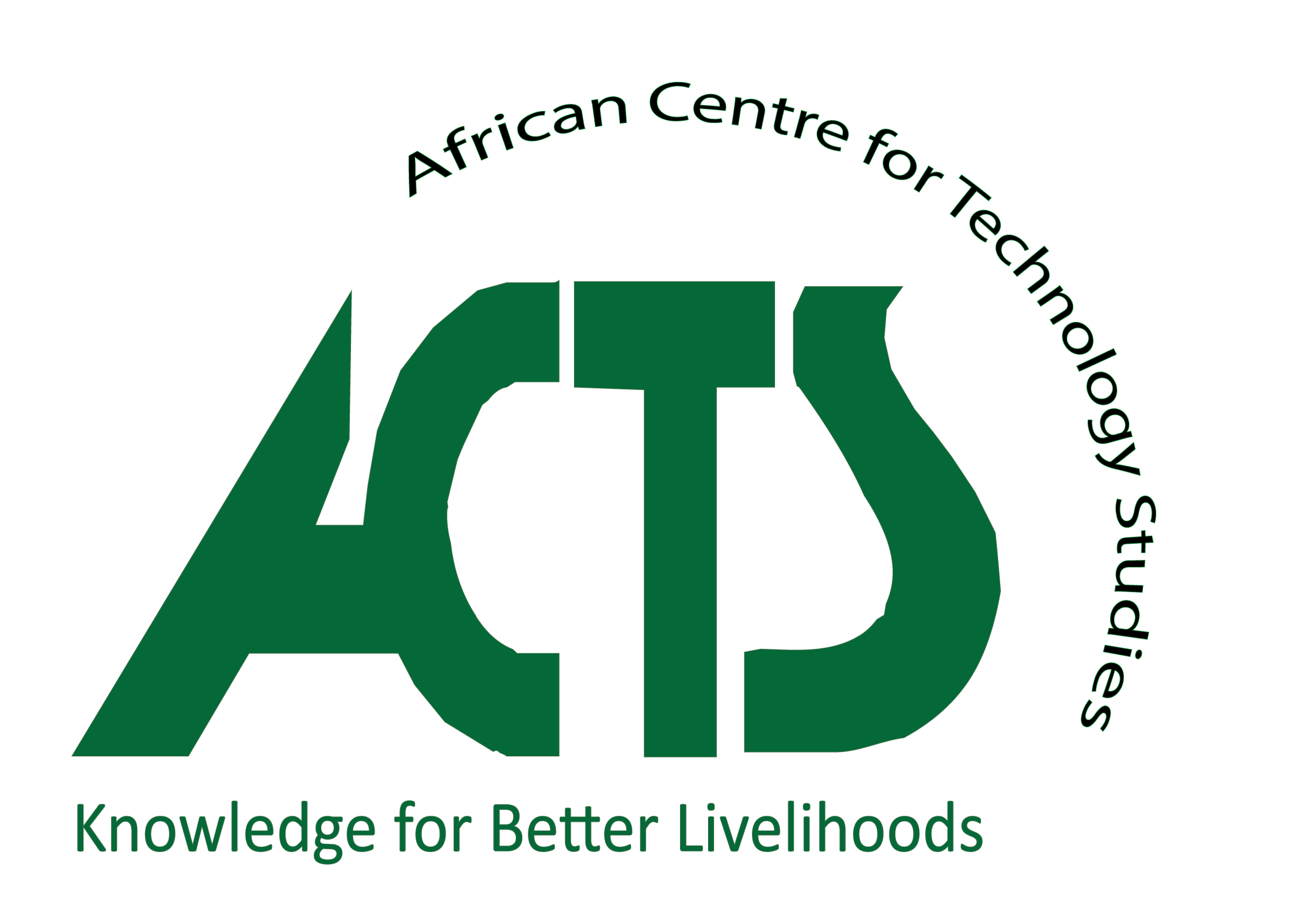ACTS and partners in South Africa and Ghana are conducting a study to explore public policy interventions necessary to cement decent work and sustainable livelihoods, in the context of green energy transition, particularly for women and youth.

Dr. Joel Onyango, the Director of Monitoring, Evaluation, Learning and Impact at ACTS presiding over one of the sessions at the workshop.
As the world transitions towards green energy, critical questions arise regarding who benefits, who bears the burdens, and how to ensure that the transition is inclusive and equitable.
The first and most important question is how can marginalized communities - often disproportionately affected by pollution and environmental degradation - not be left behind in the shift towards renewable energy? And secondly, how can we empower local communities to actively participate in the planning and implementation of renewable energy projects,ensuring that their voices are heard and their needs addressed?
In the realm of employment, it is critical to examine the gender dynamics within the burgeoning green energy sector, with specific regard to decent work and sustainable livelihoods for women and youth.
And now, in an attempt to answer these questions, ACTSin conjunction with the Institute for Economic Justice (IEJ),How We Adapt (HWA), the Congress of South African Trade Unions (COSATU) and the Africa Centre for Energy Policy(ACEP) is conducting a study to explore these dynamics in Kenya. Country studies are concurrently being undertaken in South Africa and Ghana by partners within the consortium,with ACTS leading the Kenyan study.
Specifically, the study aims to explore public policy interventions necessary to cement decent work and sustainable livelihoods, particularly for women and youth,through the localization of clean energy value chains that include SMMEs capability development in Kenya.
The research will explore three overarching questions aimed at informing effective policies in Kenya; and empowering stakeholders to actively participate in achieving localization,decent work, and sustainable livelihoods within the clean energy value chain.
Data for this study will mainly be collected through desk review, firm level surveys and key informant interviews and findings validated through a peer review workshop. Apart from the report, other key outputs would include research summaries, policy briefs and an advocacy toolkit for trade unions. There will also be local seminar series targeting trade unions/SMMEs and a cross-country conference.
The research findings hold significant potential to shape policy and regulatory frameworks aimed at fostering a just energy transition in Kenya. For example, policymaker scan utilize these insights to prioritize localization, decent work, and SMMEs capacity-building, while ensuring gender inclusivity and opportunities for the youth.
Recommendations from this study research will inform initiatives to enhance SMME capabilities in the energy sector through tailored training programs, access to financing, and technical support.
Additionally, by emphasizing gender inclusivity, the research will drive efforts to mainstream gender considerations,promote women’s participation, and address barriers to their involvement in the energy sector.
Further, the research highlight opportunities for youth engagement and entrepreneurship within the energy sector,while also providing insights to inform advocacy efforts by trade unions to protect labor rights and interests, and promote descent working conditions during the energy transition.


